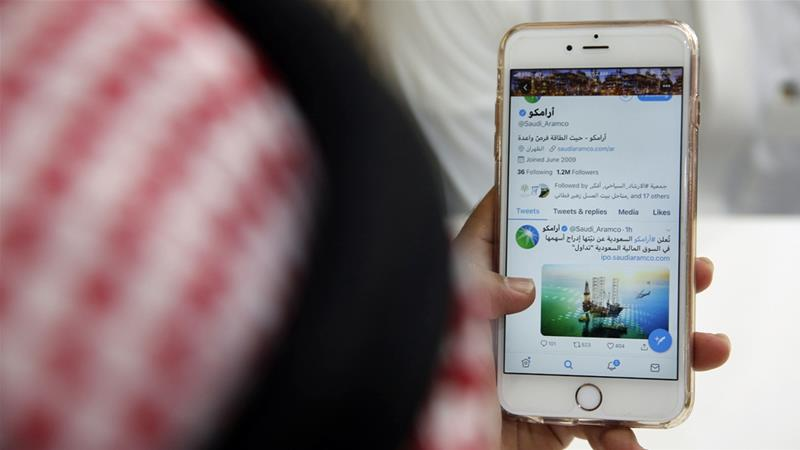
Two former Twitter employees have been charged with using their positions to spy for Saudi Arabia. The charges, revealed in San Francisco this week, accuse the employees of being paid by the Saudi government to discover the personal information of Twitter users, including several notable critics of the Kingdom.
It is the first time that Saudi Arabia has been charged with spying within the United States. The accused employees are Ali Alzabarah, a Saudi citizen, and Ahmad Abouammo from the US. A third man, Ahmed Almutairi, also a Saudi, is also alleged to be an intermediary between Saudi officials and the Twitter employees.
Abouammo is the only one currently in the US, as Alzabarah and Almutairi are both believed to be in Saudi Arabia. Abouammo has also been charged with obstructing an FBI investigation into his conduct after agents visited his home. He allegedly created a fake invoice on his computer, stating that a payment of $100,000 from a Saudi official was for “consulting services.”
Throughout 2015, the two employees accessed the information of over 6,000 Twitter users, including at least 33 usernames for which Saudi Arabian law enforcement had submitted emergency disclosure requests. Among the users whose information was leaked is Omar Abdulaziz, a prominent dissident who was close to murdered journalist Jamal Khashoggi.
Due to their high positions within Twitter, Abouammo and Alzabarah were able to access information such as the IP addresses of users, in addition to tracking all of their usage on the platform. A note found in a Saudi official’s email account references the scope of this data, stating a user’s IP address, time and date of access, and the device through which they were using Twitter.
The charges cast doubt on the ability of Twitter to protect the sensitive data of its users from foreign agents. In response to the news, Twitter stated, “We understand the incredible risks faced by many who use Twitter to share their perspectives with the world and to hold those in power accountable. We have tools in place to protect their privacy and their ability to do their vital work. We're committed to protecting those who use our service to advocate for equality, individual freedoms, and human rights.”
